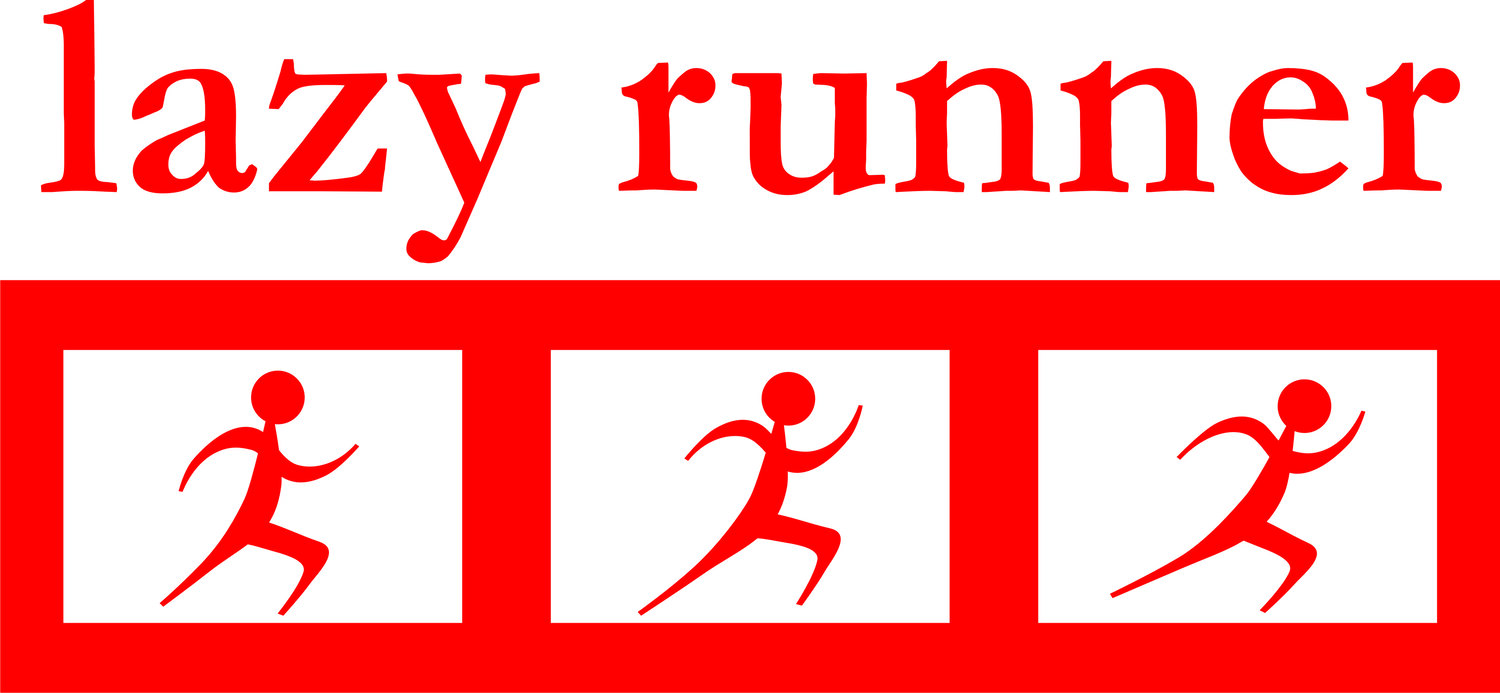Dietary Supplements For Distance Runners
Long distance runners, especially marathon or half marathon runners, or runners who train strenuously have greater nutritional requirements than non active people. Sporting supplements can be beneficial for long distance runners as they can help aid recovery, enhance performance, lower the risk of illness whilst training and provide energy.
The more intense the exercise or the greater the distances the greater the need for nutrients. Any exercise that involves more than 60 mins of exertion, demands more from the bodies fuel needs.
Long distance runners lose a lot just through perspiration; magnesium, potassium and sodium, are lost in sweat.
Intense activity puts wear and tear on the muscle cells and can end in tissue breakdown if the right nutrients are not taken to repair the tissue. It sounds complicated, but it’s not really.
Most vitamins, mineral, and enzymes are found and consumed in a healthy diet. However, when the exercise becomes extreme, and lets face it marathon running is extreme, you may not be able to consume all the nutrients through your diet. That’s where supplements come in.
Below are a few nutrients that are required by the body especially if you are doing long distance running training.
Calcium-The recommended daily intake of calcium its 1,000 -1500mg a day, and believe it or not half the population only consume half of that! Women runners especially need to be aware of their calcium intake, if a woman trains for more than 7 hours per week, she can deplete her calcium reserves which can end in deficiencies which can be the major cause of osteoporosis. If you like dairy food, then you should be ok, one cup of milk provides 300mg of calcium, if you re not getting enough in your diet, you may need to take a supplement, especially whilst training for a big event.
Iron- If you train for more than 6 hours a week, you may become deficient in iron. This can result in anemia and that is not good for your running at all. Females especially should be aware of what their iron levels are; it is easily checked by the doctor. The recommended daily allowance of iron is 10-15mg a day and can be accessed easily though your diet, but if your training is intense you may need to take an iron supplement. However, do not take an iron supplement until you have been diagnosed with a deficiency as too much iron can cause its own set of health problems. The best food source of iron is liver (brrroorrr..don't worry thats me just shuddering as I write that word), and if that doesn't take your fancy, there is lean beef, pork, sardines, beans and many cereals are enriched now with iron.
Magnesium- is a very important mineral, especially for athletes, it activates enzymes that contribute to energy production. Approximately 50% of the body’s magnesium is found in the bones, the rest is in cells and body tissues. Magnesiums best food sources are spinach (yum), nuts and seeds, and beans. It also helps to regulate calcium levels; in fact magnesium taken in regulated doses helps reduce calcium deficiencies. Low magnesium levels can present itself in muscle cramps, fatigue and sometimes nausea. Magnesium is lost in sweat and urine; therefore it is common for long distance runners to be low in this mineral. You probably only need a supplement when you are at the peak end of your training, I am taking it now and finding the effect really helpful. Endurance athletes require 500-800mg daily.
Potassium- Is found in all working cells and regulates water and automatic muscle contractions. Once again it is lost from the body through sweat and urine (and in some of our cases tears!). A deficiency in Potassium can cause lactic cramps. During exercise in moderate temperatures you can expect to lose 200mg of potassium per kilo of your body weight. Replacing potassium during and directly after long distance running is vital, and it helps to decrease the feeling of fatigue. Runners should aim to take 430mg for every hour of exercise, post exercise and if possible 150mg an hour during your run. The sports drinks and gels have potassium so they are good during the runs; bananas are also a good source for after your run. One banana contains five times as much Potassium than a supplement. Other food sources rich in potassium are white meats, root vegetables and fruit and dairy. You should aim to consume more than 3,500mgs a day.
Selenium- Is found naturally in the lungs, liver and skeletal muscles, it is a natural antioxidant and works to repair tissue damage. Selenium also aids the immune system and helps repair cell damage. If you need supplementation 200mg is adequate. However, selenium is found in many food sources, such as cereals, nuts (especially Brazil nuts) and tuna. The recommended daily requirement is not much, only 55-70mcg daily, be aware if you do take supplements that selenium can be toxic in high doses, that’s over 300mcg daily, over a period of time
Sodium- who would think we would need salt supplements, but believe it or not a condition called Hyponatremia (dangerously low level of sodium) is harmful to a distance runners health. Sodium during running is vital as it helps the cells retain water and prevent dehydration. For any event lasting for more than 5 hours, less if the weather is warm; sodium will need to be replaced during the event.
Most events have the sports drinks at the stations, so make sure you have a cup even if you don’t like it, it’s vital to replace the lost sodium. You should aim to replace sodium at these ratios, 80-100mg sodium per litre of beverage, and 100-300mg per hour from other sources.
Most of the sports drinks and mixers have potassium and sodium added, and some have other nutrients as well, make sure you read the labels to find out
